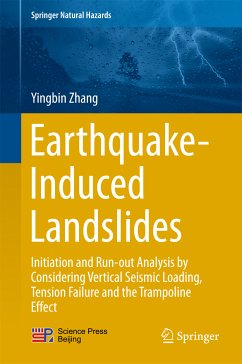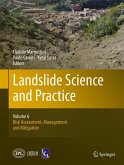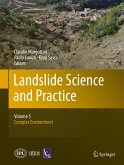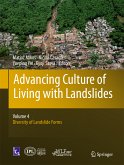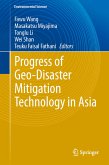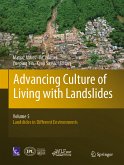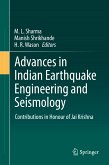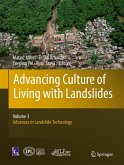This book sheds new light on improved methods for the study of the initiation and run-out of earthquake-induced landslides. It includes an initiation study method considering tension-shear failure mechanism, an improved rigorous dynamic sliding block method based on dynamic critical acceleration and a run-out analysis of earthquake-induced landslide by considering trampoline effect, all of which offer higher accuracy and more convenience to landslide study. The book contains abundant illustrations, figures and tables, which make it appealing for readers to acquire pragmatic tools of landslide research.
Dieser Download kann aus rechtlichen Gründen nur mit Rechnungsadresse in A, B, BG, CY, CZ, D, DK, EW, E, FIN, F, GR, HR, H, IRL, I, LT, L, LR, M, NL, PL, P, R, S, SLO, SK ausgeliefert werden.

